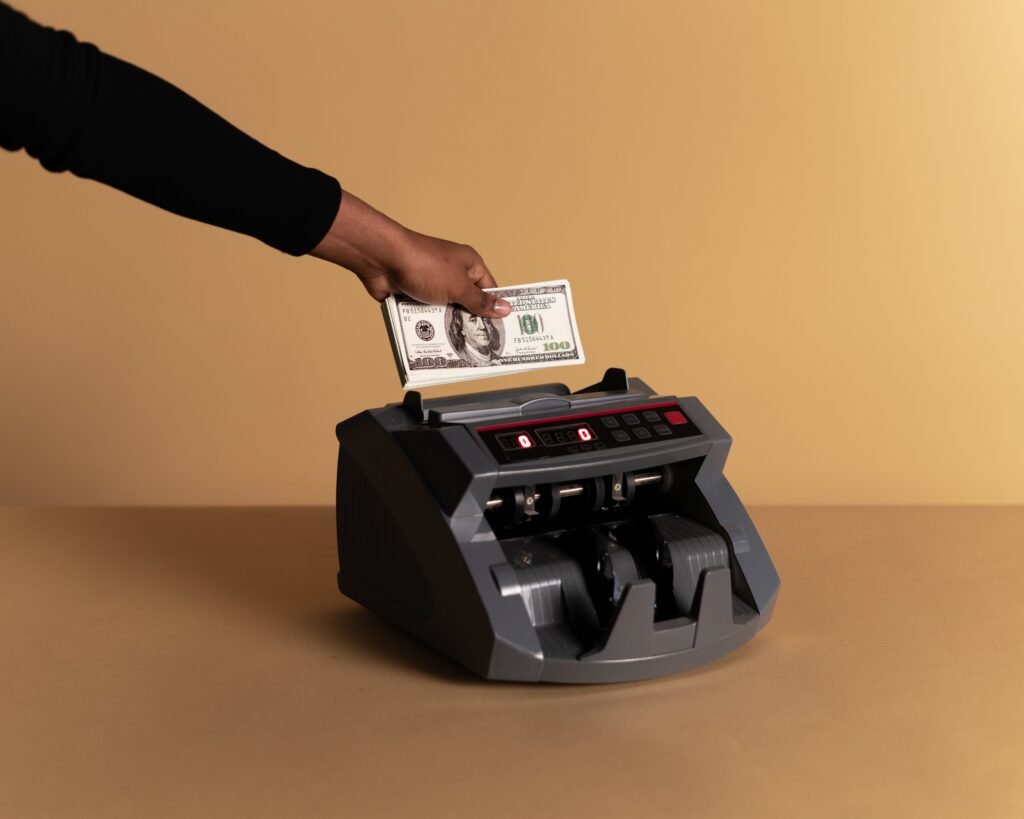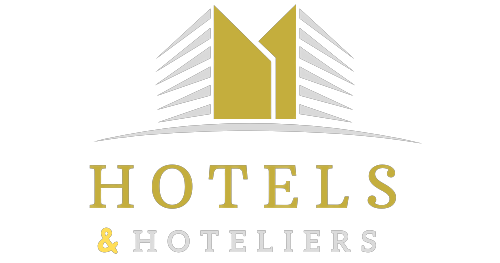Depending on the property or the brand, marketing can be a department of its own or in most cases is under the Sales & Commercial Department where the marketing manager reports to the Sales and Commercial Director. Either way, regardless of the hierarchy, its role and importance remain the same.
Why Marketing Role In The Hotel Industry Is so Important?
As in all industries, marketing role in the hotel industry plays a very important role in promoting the hotel, attracting guests, building brand awareness, driving revenue, and ensuring the overall success of the business. As we all know, the hotel industry is highly competitive, with many properties looking to attract guests. Good marketing is the key to making a hotel stand out, draw in guests, and create a group of loyal guests. It also plays a significant role in revenue generation for hotels by promoting special offers, packages, and discounts, hotels can attract more guests, increase bookings, and maximize their revenue potential. Let’s go into more detail and explore one by one all the responsibilities and key aspects of the marketing role in the hotel industry.
Marketing Role In The Hotel Industry:
Revenue Generation

As mentioned above, marketing plays a very important role in the hotel’s overall revenue. Good marketing strategies help hotels increase their visibility and create brand awareness. This is essential for attracting potential guests and to stand out from a competitive market. Marketing helps hotels reach a wider audience, attracting new guests and increasing their acquisition. This is particularly important in the hospitality industry, where customer turnover is high. Normally, hotels often have unique features, services, or packages that set them apart from other properties. Effective marketing strategies allow them to highlight these unique selling points, whether it’s luxurious amenities, exceptional service, convenient location, or special packages, and promote them to a wider audience. During low seasons, marketing can help hotels maintain or increase their occupancy rates. Special promotions, discounts, and packages can attract guests during low-season times, maximizing revenue throughout the year.
Brand Development
Marketing team is responsible for developing and maintaining a strong and distinctive brand identity for the hotel. The team is responsible as well for creating brand guidelines and ensuring consistent brand messaging across all marketing channels. The department defines the hotel’s unique selling points, values, and personality. What makes it stand out from the rest? Knowing the hotel’s core identity is the key to making the branding work well.
Digital Marketing

Another important role of marketing is digital marketing which is a critical part of the overall marketing strategy for hotels. In the hotel industry, where online presence and user engagement are the keys, digital marketing plays a remarkable role in reaching and attracting guests. Digital marketing is a wider part of its role so let’s have a better look into the key aspects of it in the hotel industry:
- Website Optimization:
- A hotel’s website is often the first point of contact for potential guests. It should be visually appealing, easy to navigate, and mobile-friendly. Optimization for search engines (SEO) is essential to ensure the website ranks well in search results, making it more likely that potential guests will find the hotel when searching online.
- Search Engine Marketing (SEM):
- Paid search advertising, such as Google Ads, allows hotels to bid for ad placement in search engine results. This can be particularly effective in driving targeted traffic to the hotel’s website, especially when guests are actively searching for accommodation.
- Social Media Marketing:
- Social media platforms provide an excellent opportunity for hotels to engage with their audience. Effective social media marketing involves creating and sharing compelling content, running targeted advertising campaigns, and responding to guest inquiries and reviews. Platforms like Instagram, Facebook, and Twitter are popular choices for showcasing the hotel’s amenities, events, and promotions.
- Content Marketing:
- Content marketing involves creating and distributing valuable, relevant content to attract and engage a target audience. For hotels, this could include blog posts about local attractions, travel tips, or behind-the-scenes looks at the hotel. Content marketing helps establish the hotel as an authority in the industry and can improve search engine rankings.
- Email Marketing:
- Email marketing remains a powerful tool for hotels to communicate with past, present, and potential guests. It can be used for sending promotional offers, newsletters, and personalized messages to encourage bookings and build guest loyalty.
- Online Travel Agencies (OTAs):
- While not traditional digital marketing, hotels often collaborate with online travel agencies like Booking.com or Expedia to expand their reach. Optimizing the hotel’s presence on these platforms and using strategic partnerships can drive bookings.
- Online Reviews and Reputation Management:
- Monitoring and managing online reviews on platforms like TripAdvisor, Yelp, and Google are crucial. Positive reviews can attract new guests, while addressing negative reviews promptly demonstrates commitment to guest satisfaction.
- Mobile Marketing:
- With the increasing use of smartphones, mobile marketing is essential. This includes mobile-optimized websites, mobile advertising, and location-based marketing to target potential guests when they are in the vicinity of the hotel.
- Video Marketing:
- Video content is highly engaging and can be used to showcase the hotel’s facilities, rooms, and local attractions. Platforms like YouTube and social media channels support video content, providing an opportunity for creative storytelling.
- Data Analytics:
- Utilizing data analytics tools helps hotels track the performance of digital marketing efforts. Analyzing website traffic, conversion rates, and guest behavior allows hotels to refine their strategies for better results.
Social Media Management
Another important role of the marketing team in the hotel industry is social media management. Social media platforms are powerful tools for engaging and attracting potential guests. The hotel industry marketing team often creates and curate content, run social media campaigns, and respond to guest feedback on platforms like Facebook, Instagram, Twitter, and others.
By implementing these strategies, hotels can build a strong online presence, engage with their audience effectively, and drive bookings and guest loyalty through social media. Regularly assessing the performance of your social media efforts will allow you to refine your strategy and stay aligned with the evolving needs and preferences of your audience.
Partnership and Collaborations
Another important marketing role is building strong and strategic partnerships with local businesses, travel agencies, and online travel agencies (OTAs) because it can expand the hotel’s reach. Collaborations with influencers or other businesses can also be beneficial. The Marketing department normally partners with local attractions, museums, or event organizers to offer joint packages or promotions to the hotel’s guests.
They form partnerships with travel agencies and tour operators to promote the hotel as part of travel packages and offer exclusive deals for guests booking through these partners. In some 5-star hotels, they partner as well with airlines to offer joint promotions or loyalty program incentives. Apart from the ones mentioned above, they partner with local businesses and corporations to provide special rates or packages for their employees or guests. The sales team mainly handles event organizers and wedding planners, depending on the hotel’s hierarchy.
Collaboration With Sales Team
As mentioned above, in most of the hotels marketing is a sub-department where it belongs in the Sales and Commercial team. Clearly, as they belong to one department they work closely together. To do so they establish regular communication channels which include weekly meetings, shared project management tools, or collaboration platforms to ensure everyone is on the same page.
While marketing is more about advertising and sales more about selling they collaborate on creating promotional packages that appeal to potential customers. Marketing can highlight these packages in their campaigns, and sales can use them as part of their selling strategy.
Staying Updated on the Industry Trends
Not only in the hotel industry but all industries are always evolving so to catch up with the trends, the marketing team should always need to be informed and updated for the latest trends in the industry.
They need to be informed about the latest technologies impacting the hospitality and marketing sectors because adopting new technologies can give you a competitive edge and keep your marketing strategies up-to-date.
The marketing team should regularly analyze the marketing strategies of the competitors. This can provide insights into what is working in the industry and help you identify areas for improvement or innovation. Normally they attend relevant conferences, trade shows, and events in the hospitality and marketing sectors because these gatherings feature expert speakers and provide opportunities to network with professionals and stay updated on industry happenings.
Well as you have learned, the marketing role in the hotel industry is very important and crucial. Shortly saying they are responsible for the brand image, digital marketing, and selling.
Feature image from Pixabay (Not Copyrighted And Free Commercial Use)


